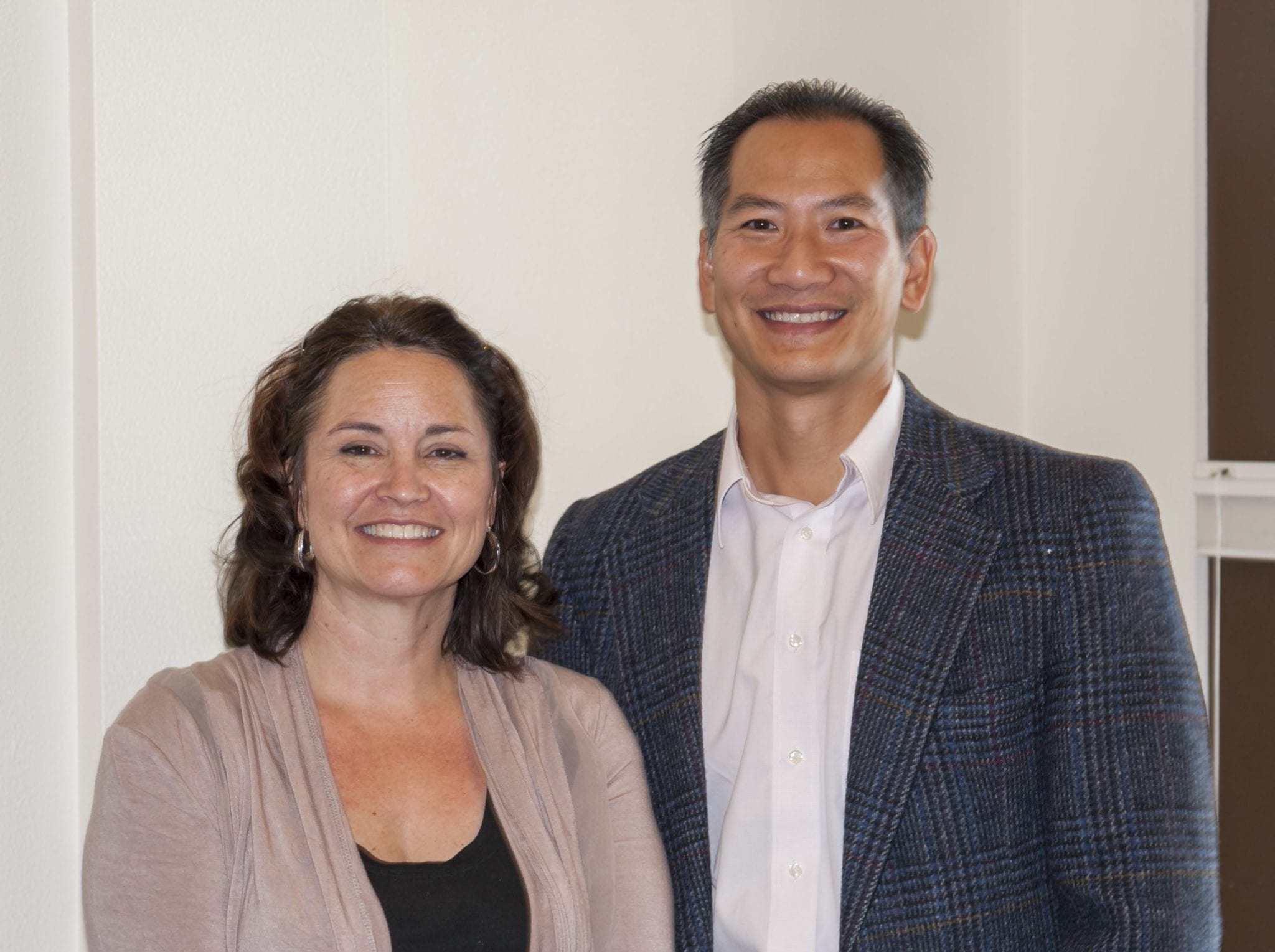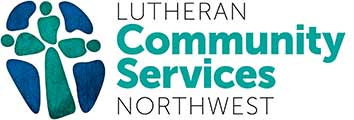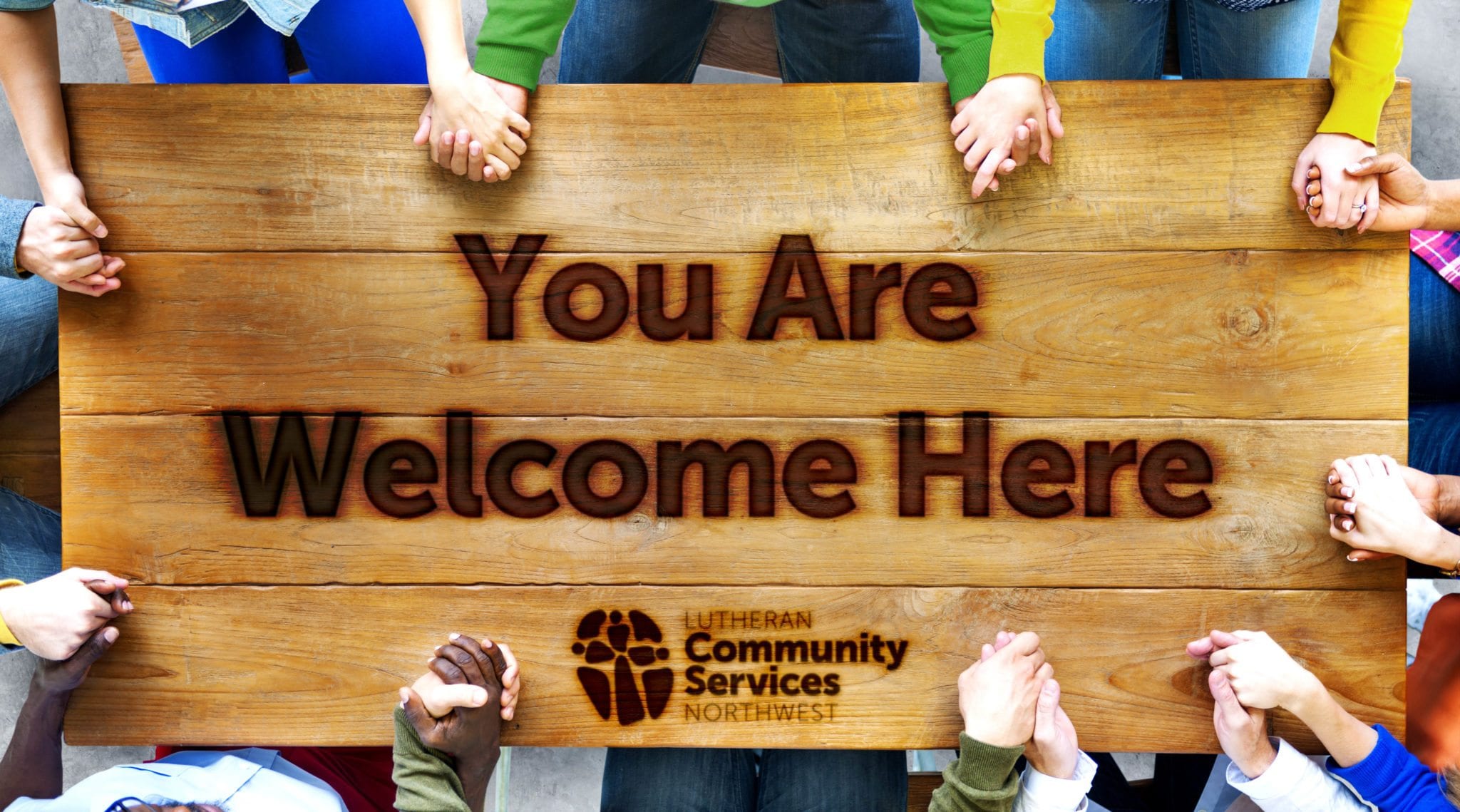
District Representative Linh Thai recently visited Program Director Beth Farmer to learn more about the ICCS program. Thai is a refugee himself from Vietnam and a veteran. He works for US Representative Adam Smith of Washington State’s 9th Congressional District of Washington.
Beth Farmer has been the Program Director of International Counseling and Community Services (ICCS) since 2007. ICCS is a program of Lutheran Community Services Northwest with offices located in SeaTac and Kent, Wash. Farmer is a licensed clinical social worker who has more than 20 years of experience in sexual assault response, community organizing and HIV/AIDS programs.
Working with more than 5,000 refugees, asylum seekers and immigrants every year, ICCS provides trauma-focused counseling services in 16 languages. Through its Angle Lake Family Resource Center in SeaTac, ICCS also provides employment assistance, early learning, resource and referral, and English as a second language classes.
Started in 1990, ICCS initially focused on refugees from the former Soviet Union. As refugee resettlement diversified, so did ICCS. When a new group of refugees arrived, staff with appropriate language and cultural skills would be hired. Building on this growth, ICCS opened its Kent location last fall.
Q1: What sets ICCS apart from other programs that work to resettle and provide assistance to refugees? We’re modeled on the LCS Northwest mission of health, justice and hope, so we have a specific focus. We specialize in working with communities marginalized by violence, language and culture. We do it holistically, focusing on basic needs, mental and physical wellness, and connections to community. We have cultural and linguistic competencies that dramatically improve our outcomes.
Q2: What does the recent Kent expansion mean for clients and staff? We have a lot of clients in south King County. We expanded for two reasons; we’re growing out of our SeaTac location, and 50 percent of our clients live in Kent.
The Kent office is easier to get to for many clients, as most don’t have cars and public transportation in South King County isn’t great. We’re on a main street in Kent right near apartments where many refugees live. Going to where the clients are is better for the community. One central location is becoming an outdated service model.
Q3: ICCS has an extraordinary torture recovery program. What does that part of your program do? Our torture recovery program helps refugees, asylum seekers and immigrants heal from a traumatic past and adjust to a new community by providing critical counseling services. We’re a state licensed mental health center and are actually part of the only torture treatment center in Washington State.
Because of this we’re considered experts in the field of refugee mental health and torture. We train our staff specifically on a model of care geared towards this client population and we intentionally hire from the communities we serve. When you hire someone from the community you serve, you strengthen the connection to that community.
For example, I was meeting with a client, and a staff member from the same country was able to tell me so much more about day-to-day life, the conflict, the struggles and what life looks like for this person and her family. I might read a story on the news, but I won’t have anywhere near the same knowledge as the counselor.
Q4: Your torture recovery program has also expanded to the Ukraine. How did this happen? We were asked to be consultants on a grant from the United Nations through HealthRight International, a global health and human rights organization. We’ve worked with HealthRight for the last 5 years on asylum applications, coordinating medical and psychiatric evaluations for asylum seekers.
This means two of our staff will serve as consultants on the project, with the possibility of visiting the Ukraine in the coming year. Our Clinical Director, Andrew Kritovich, is the lead consultant on the project because culturally and linguistically he’s the best choice. He came from the Ukraine when he was a teenager with his family.
Q5: What plans for the future does ICCS have? We will continue to try and increase our evidence-based practices, being careful to use the best information available to take care of our patients. We’re also looking at housing next year, and we want to add somatic and movement-based therapies into our services too. These rely on physical therapy that connects the mind and body to help clients heal psychologically.
We’re always expanding languages for our services. That’s kind of our thing. We try to anticipate who’s the next group, how can we help them, and what can we do to get them going in the right direction.

